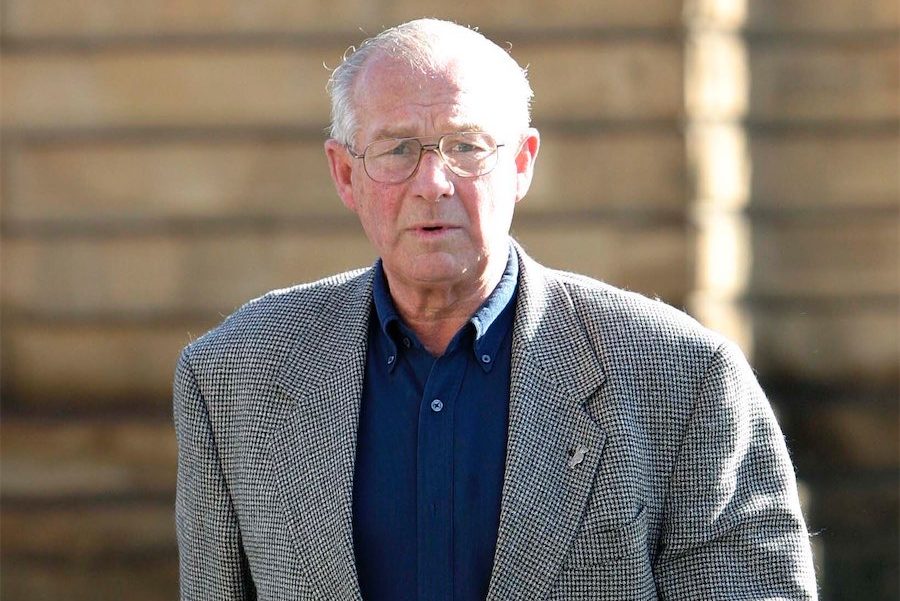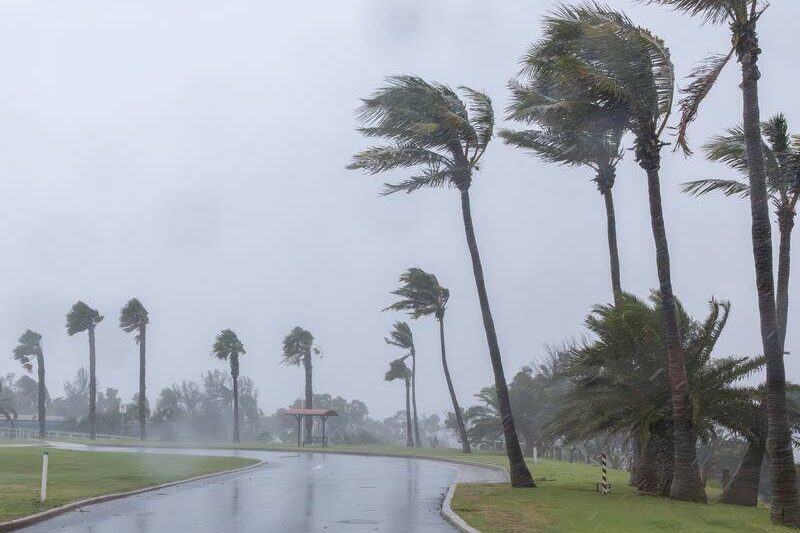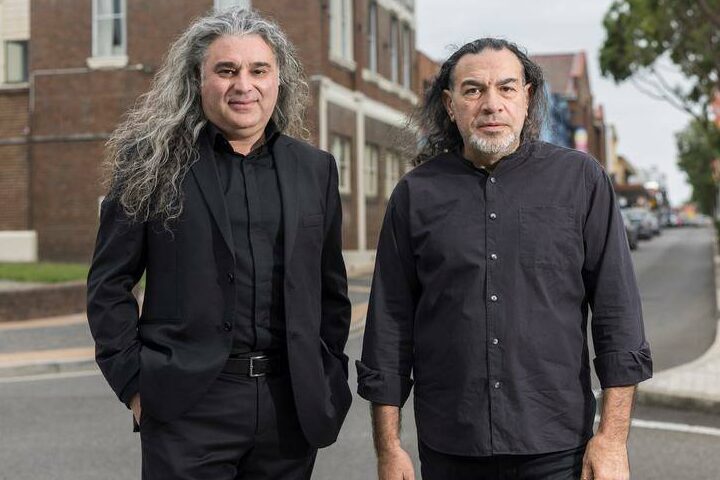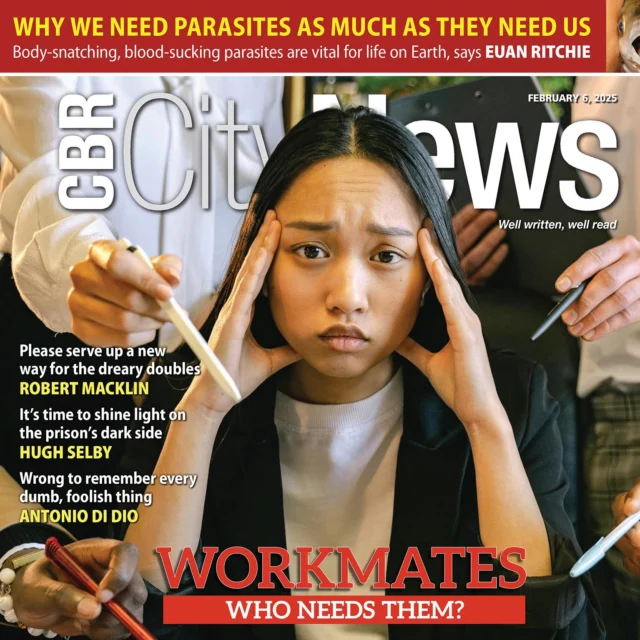
By Duncan Murray in Sydney
Disgraced former police officer Roger Rogerson has died in hospital aged 83.
Known as “The Dodger”, the controversial and charismatic tough cop turned killer was moved from Long Bay Prison to Sydney’s Prince of Wales Hospital on Thursday where he was receiving end-of-life care.
He was pronounced dead at approximately 11.15pm on Sunday.
Both hero and villain during his 28-year police career, Rogerson was at one time the NSW force’s most decorated officer, with a stellar career catching criminals and a formidable reputation for bravery.
That was before his close connections to Sydney’s most notorious crooks were exposed, eventually destroying his reputation, career and freedom.
At the end, Rogerson was serving a life sentence for the execution-style 2014 murder of drug dealer, Jamie Gao, over which he always maintained his innocence.
Rogerson and co-accused fellow former detective Glen McNamara were jailed for life in 2016 after murdering Gao at a Sydney storage unit in May 2014, after which they attempted to dump his body at sea.
Both of the men ran cut-throat defences at trial, arguing the other had shot Gao.
The pair was also jailed for stealing 2.78 kilograms of methamphetamine with a street value of up to $19 million from the 20-year-old university student.
Crime writer Andrew Rule said ultimately Rogerson was a self-interested and calculating individual.
“He had a persona of charm, he had the jokes, he had the polite manners, he had the shiny shoes, neatly ironed shirt, as you would expect a retired policeman to be,” Mr Rule told ABC TV.
“And yet underneath that was this very steely, hard man and I always knew that underneath you would not want to be someone in his grasp.”
In March, the High Court rejected an appeal by Rogerson to have his murder conviction overturned, stamping out any hope the rogue detective had of being released.
NSW Premier Chris Minns said he was not going to “speak ill of the dead”, but Rogerson had lived a life of dishonour to the state’s police force.
At the height of his public recognition, Rogerson received the coveted Peter Mitchell Award for outstanding police work in 1980 but within six years his career would spectacularly unravel.
In 1986, Rogerson was dismissed from the police force for depositing $110,000 in bank accounts under a false name.
Earlier that decade, in 1981, he had been found responsible for the fatal shooting of another young drug dealer, Warren Lanfranchi, but controversially was deemed to have acted in the line of duty.
Lanfranchi’s girlfriend, sex worker Sallie-Anne Huckstepp, said Rogerson murdered him over a drug-related dispute involving corrupt police.
Huckstepp was later found drowned and her murder remains unsolved.
Rogerson was also implicated in the attempted execution of NSW undercover operative Michael Drury after the similarly decorated drug squad detective declined to accept a bribe in exchange for evidence tampering in a heroin trafficking trial.
Drury was shot twice through his kitchen window on Sydney’s north shore. Rogerson was charged and eventually acquitted of the attack in 1989.
Richard Roxburgh portrayed Rogerson in the highly acclaimed 1995 mini-series Blue Murder and its 2017 sequel Blue Murder: Killer Cop.
Who can be trusted?
In a world of spin and confusion, there’s never been a more important time to support independent journalism in Canberra.
If you trust our work online and want to enforce the power of independent voices, I invite you to make a small contribution.
Every dollar of support is invested back into our journalism to help keep citynews.com.au strong and free.
Thank you,
Ian Meikle, editor







![Rasa Kabaila was the youngest personal carer at a war veterans home at age 16, reports ELIZABETH KOVACS.
“When I was 15, I did work placement in a pediatric ward and then I did another placement at a war veterans home in Canberra,” she says.
“As much as I found it interesting, I found it all quite confronting.
“I was always told by people in [the war veterans home] that they hoped I would become a nurse,” she says.
“I was the youngest carer employed there at the time and I was working in the high-care dementia wing.”
To read on about Rasa's incredible experience as a nurse, visit our website at citynews.com.au or tap the link in our bio! 👩⚕️
#nurse #nurselife #nursepractitioner #nursestories #canberranews #citynews #localstories #canberrastories #Citynews #localnews #canberra #incrediblewomen #journalism #canberracitynews #storiesthatmatter #canberralocals](https://citynews.com.au/wp-content/uploads/sb-instagram-feed-images/476555403_1166125822189636_4572425384807928365_nfull.webp)

Leave a Reply